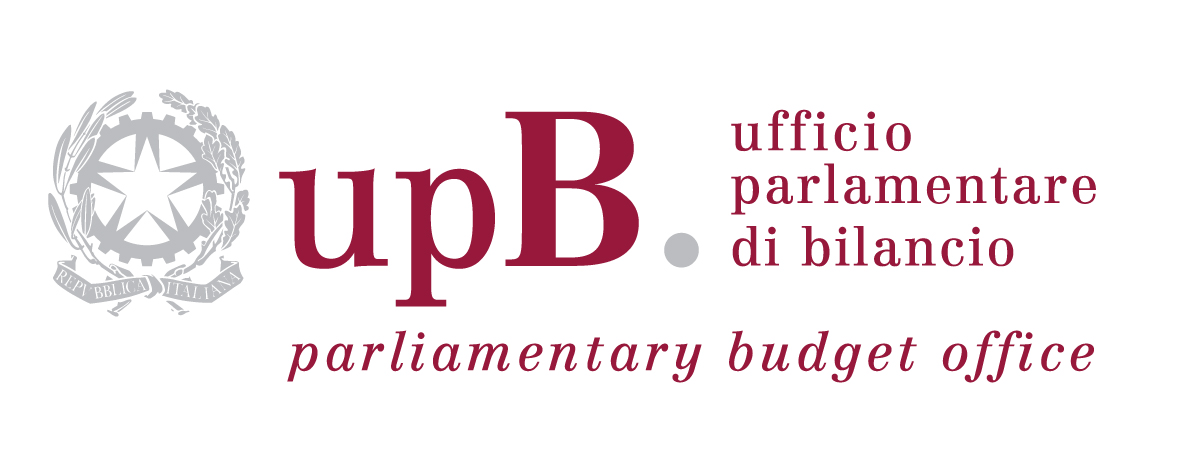The Working Papers series contains policy papers or technical and institutional analyses conducted by the PBO, with the collaboration of independent experts where appropriate. The Working Papers seek to explore in greater detail specific issues relevant to the institutional work of the PBO.
Working Paper no. 2/2024
Reform of the Contracts Code and redefinition of the NRRP: impact on public procurement and the timing for completing the works
by Giuseppe Francesco Gori, Patrizia Lattarulo, Maria Rosaria Marino and Nicola Carmine Salerno
Working Paper no. 1/2024
The New EU Stability and Growth Pact and its Fiscal Implications for Italy
by Marco Cacciotti, Alexandre Lucas Cole, Cecilia Gabbriellini, Elena Giachin Ricca and Flavio Padrini
Working Paper no. 2/2022
Temporal efficiency in the construction of public works in Italy
by Giuseppe Francesco Gori, Patrizia Lattarulo e Nicola Carmine Salerno
Working Paper no. 1/2022
The Quota 100 mechanism three years after its launch
by Marco Corsaletti, Maria Rosaria Marino, Valentina Ricci, Nicola Carmine Salerno, Gianfranco Santoro, Federica Sciarretta and Lorenzo Toffoli
Working Paper no. 2/2021
Assessing Italy’s public debt dynamics in the medium term with the PBO framework: Illustrative scenario analysis for the post-Covid period
by Cecilia Gabbriellini, Gianluigi Nocella and Flavio Padrini
Working Paper no. 1/2021
Government Debt Deleveraging in the EMU
by Alexandre Lucas Cole, Chiara Guerello and Guido Traficante
Working Paper no. 2/2020
Procurement in public works in the light of recent reforms
by Giuseppe Francesco Gori, Lucio Landi and Patrizia Lattarulo
Working Paper no. 1/2018
Fiscal Multipliers in Abnormal Times: the Case of a Model of the Italian Economy
by Sergio De Nardis and Carmine Pappalardo
Working Paper no. 3/2017
The PBO analytical and forecasting model for interest expenditure
by Cecilia Gabbriellini and Corrado Pollastri
Working Paper no. 2/2017
Which gap? Alternative estimations of potential output and the output gap in the Italian economy
by Cecilia Frale and Sergio De Nardis
Working Paper no. 1/2017
Standard funding requirements and fiscal capacities in the equalisation system for municipalities
by Emilia Marchionni, Corrado Pollastri e Alberto Zanardi
Working Paper no. 1/2016
Investment incentives in the 2016 Stability Act
by Francesca Gastaldi, Maria Grazia Pazienza and Corrado Pollastri
Working Paper no. 1/2015
Estimation of potential GDP and the output gap: analysis of a number of critical issues
by Marco Fioramanti, Flavio Padrini and Corrado Pollastri
